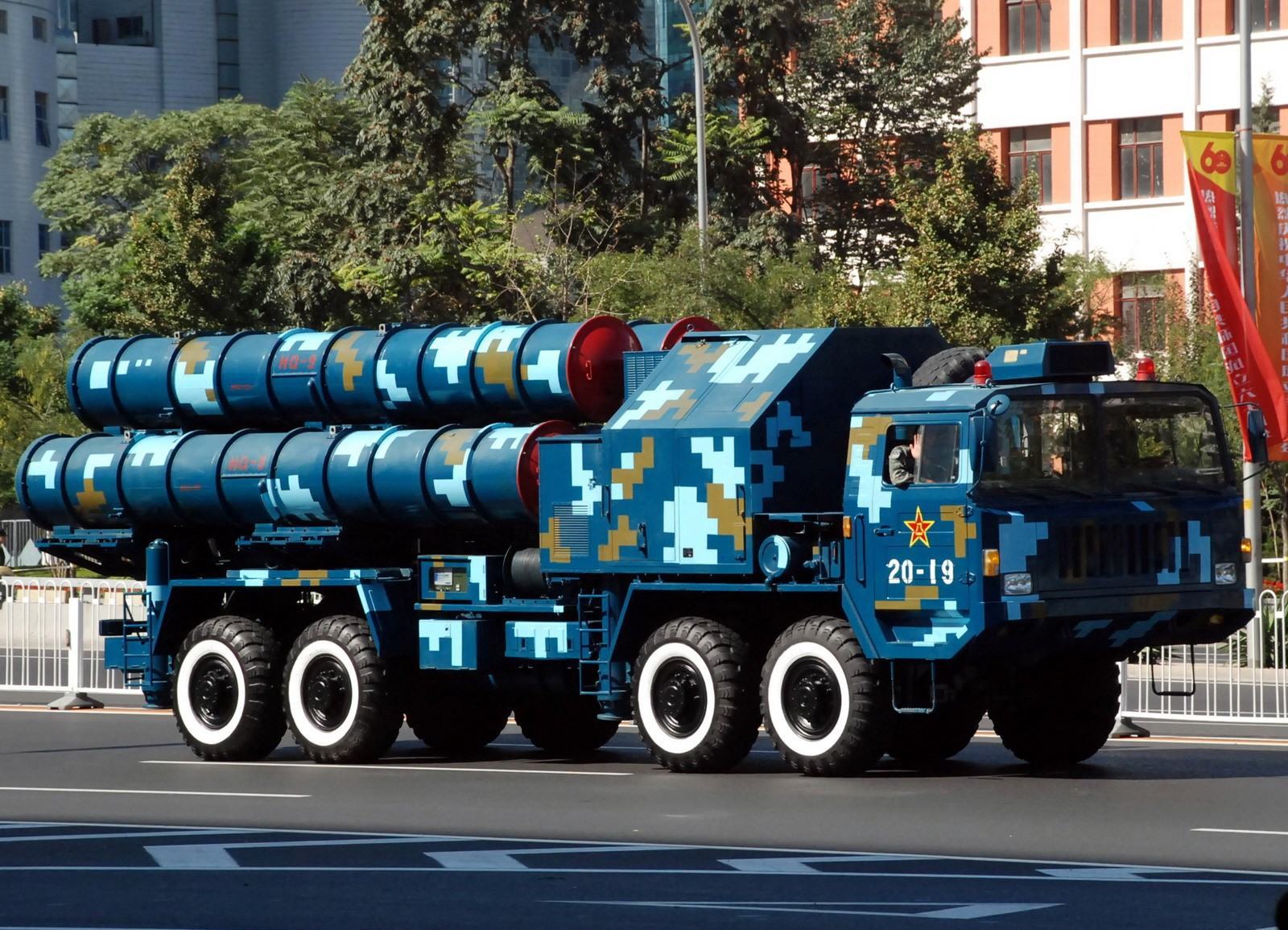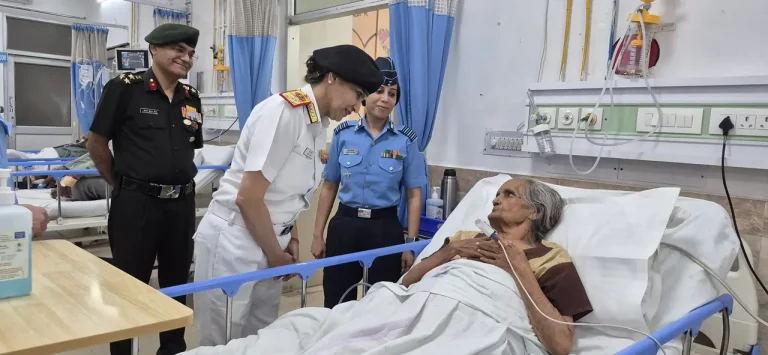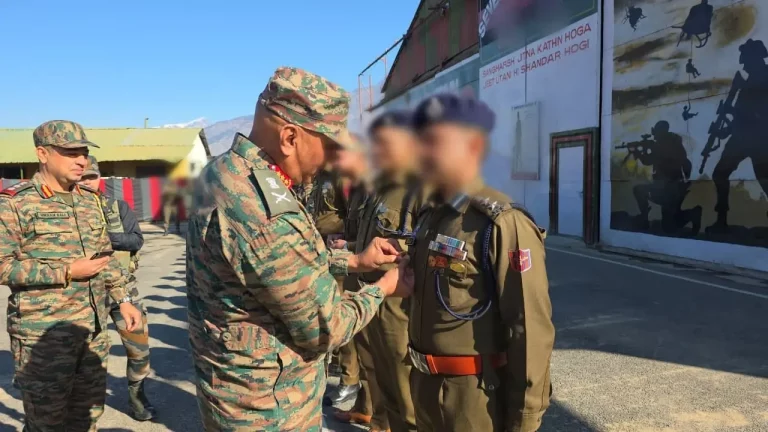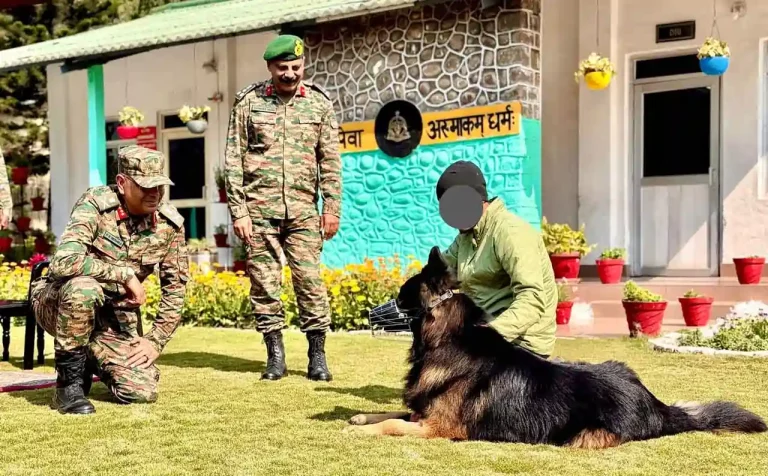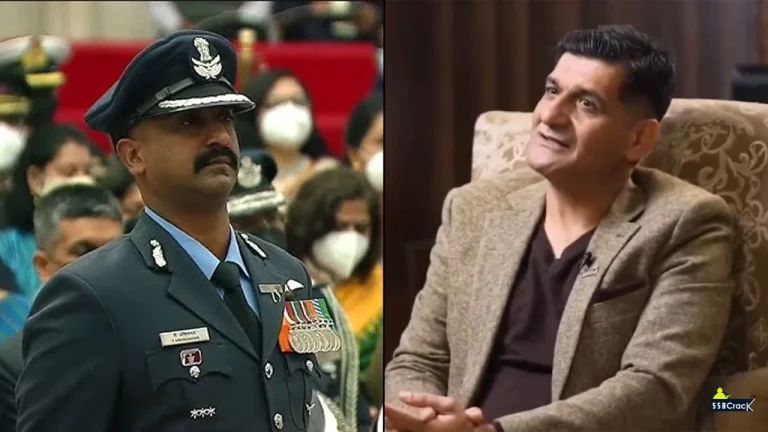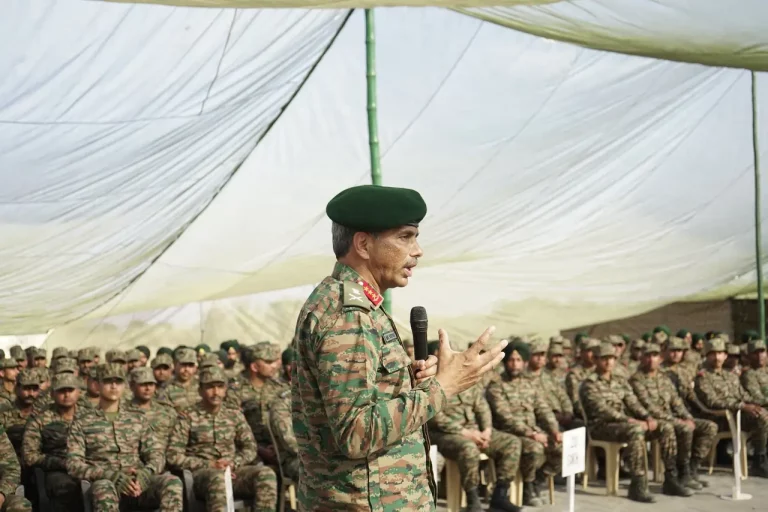In a striking demonstration of military capability, India executed coordinated missile strikes early Wednesday morning targeting nine terror camps in Pakistan and Pakistan-Occupied Kashmir (PoK). The operation was a direct response to a recent attack in Pahalgam, Jammu & Kashmir, which resulted in the deaths of 26 individuals, including both civilians and security personnel. Key locations targeted included Bahawalpur and Muridke, situated deep within Pakistani territory, alongside various camps in PoK such as Gulpur, Sawai Camp, Kotli, Barnala, Sarjal, Mehmoona, and Bilal. The operation commenced at approximately 1:44 AM and focused on dismantling the terror infrastructures associated with militant groups Lashkar-e-Taiba and Jaish-e-Mohammed, who have been implicated in the Pahalgam attack.
A critical aspect of the operation was the evident failure of Pakistan’s HQ-9 air defense system, supplied by China. Despite its advanced design, which is akin to Russia’s S-300, the HQ-9 failed to intercept any of the incoming missiles, raising urgent questions regarding its reliability and the overall effectiveness of Pakistan’s air defense capabilities. Defence analysts speculate that the system either missed the detections or suffered from operational flaws during the strikes.
Indian defence sources indicated that the mission was the result of extensive intelligence and surveillance efforts, allowing for the use of high-precision missiles that aimed to minimize collateral damage while maximizing the impact on the selected targets. In the wake of the strikes, Prime Minister Narendra Modi affirmed India’s commitment to pursuing terrorists and their supporters, signaling a potential shift to a more aggressive counterterrorism strategy.
Pakistan’s Prime Minister Shehbaz Sharif condemned the missile strikes, labeling them as an “act of war” and expressing intentions of retaliation. However, no official counter-strike from Pakistan has been reported, leaving Islamabad in a complicated diplomatic and strategic situation both domestically and internationally.
In response to the heightened tensions, India has reinforced security measures across 244 districts and initiated civil defense exercises in anticipation of possible escalation. While a significant portion of the Indian public views the strikes as a legitimate reaction to cross-border terrorism, the international community has urged both nations to exercise restraint to prevent further conflict. The recent developments not only highlight vulnerabilities in Pakistan’s defensive capabilities but also illustrate India’s strategic initiative in the region. The execution of Operation Sindoor has notably shifted the security landscape, prompting the global audience to closely monitor potential future actions.
